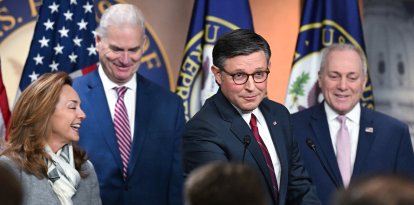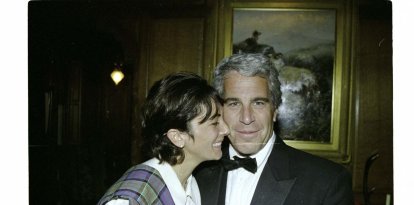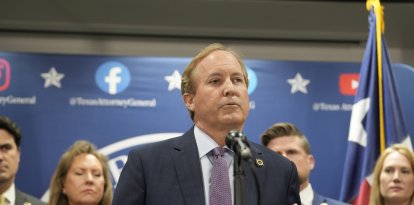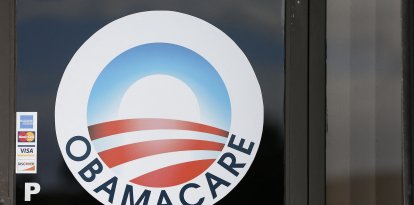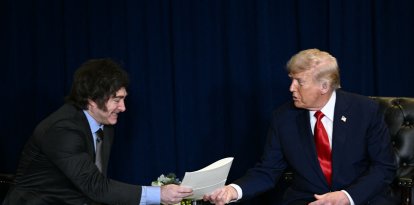ANALYSIS
Zuckerberg the chameleon: From censorship on behalf of the government to a self-proclaimed libertarian
The CEO of Meta says he is fed up with politics, but his ideological changes seem part of a strategy to improve his image among conservatives and pander to Republicans.

Mark Zuckerberg, CEO of Meta
Zuckerberg is tapping out. The tech billionaire, mixed martial arts enthusiast, philanthropist for progressive causes and one of the enforcers of the censorship ordered by the Biden-Harris administration during the pandemic, wants out of the political ring. This is indicated by some of his latest decisions and privately assured by himself, according to a recent report in The New York Times.
The Facebook founder told those close to him that he has become cynical about politics. He's fed up, according to The New York Times, with the drubbing he receives from Republicans and Democrats, and considers they both hate tech executives.
Beyond his motivations, Zuckerberg has sent public signals that he wants to detach himself (at least publicly) from the progressive agenda he always pushed in his investments. Meta, for example, reduced its Diversity, Equity and Inclusion team, following a trend in large U.S. companies. The entrepreneur himself pledged to reduce his personal investments in divisive campaigns.
In a letter sent to the House Judiciary Committee last month, Zuckerberg announced that he would not donate to any candidate this election cycle. While the entrepreneur claims that his donations were nonpartisan, elected officials and independent investigations point to the fact that they sought to boost Democratic turnout. The investments were known as "Zuckerbucks," a word that became synonymous with private investments in elections and served as a slogan for several electoral integrity campaigns:
In that letter, the Facebook founder also admitted that he had bowed to pressure from the Biden-Harris administration to censor Americans during the pandemic, which he said he regretted, as well to reduce the visibility the story about Hunter Biden's laptop: "In retrospect, we shouldn’t have demoted the story."
Reaching out to Republicans
As part of his efforts to appear neutral, Zuckerberg announced that he will not endorse either Donald Trump or Kamala Harris. But to position himself in the middle, he will have to make amends with the right: a YouGov poll last year revealed that if 48% of Americans had an unfavorable image of the tech leader, but among Republicans it was 68%.
The same Zuckerberg who after Jan. 6 blocked Donald Trump's Facebook account, in recent months spoke with him twice by phone. In public, the businessman praised the Republican for his reaction after the first assassination attempt, describing him as a "badass."
He also reportedly hired Republican strategist Brian Baker. His goal, it transpired, was to improve his image among conservative voters, officeholders and media.
Zuckerberg not only claims to be independent, but, according to The New York Times, says he is a libertarian.

Politics
Donald Trump warns Zuckerberg could 'spend the rest of his life in prison' if Meta interferes in the presidential election again
Emmanuel Alejandro Rondón
Libertarianism
Those who identify with this philosophical-political current are against business regulations, in favor of market freedom and governments not intervening in matters of private life that do not affect third parties. Those are some of Zuckerberg's new ideas, the NYT claims. He is also in favor of social changes, though not going as far as what he himself now calls "far-left progressivism."
But to convince Americans, he has to retrace a long road. In 2013, he founded and headed an organization with the objective of creating a path to grant citizenship to illegal immigrants. In, 2015 he created another with his wife that invests in causes such as drug legalization. Among some, however, it may already be paying off. "Mark Zuckerberg Is Done With Politics," read a New York Times headline, while Business Insider said: "Mark Zuckerberg Has Entered His Libertarian Era."














